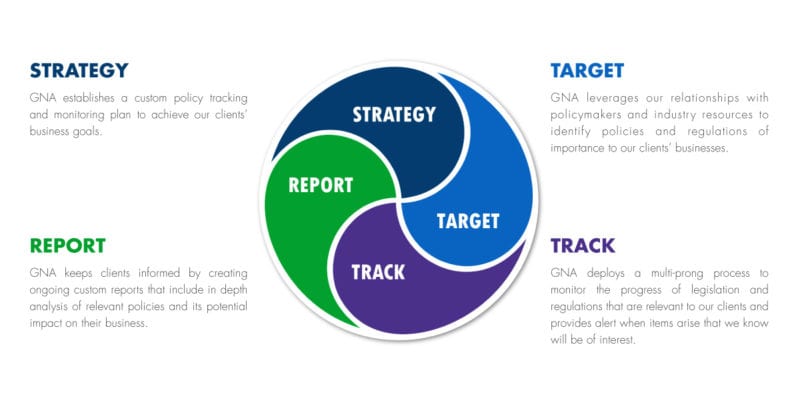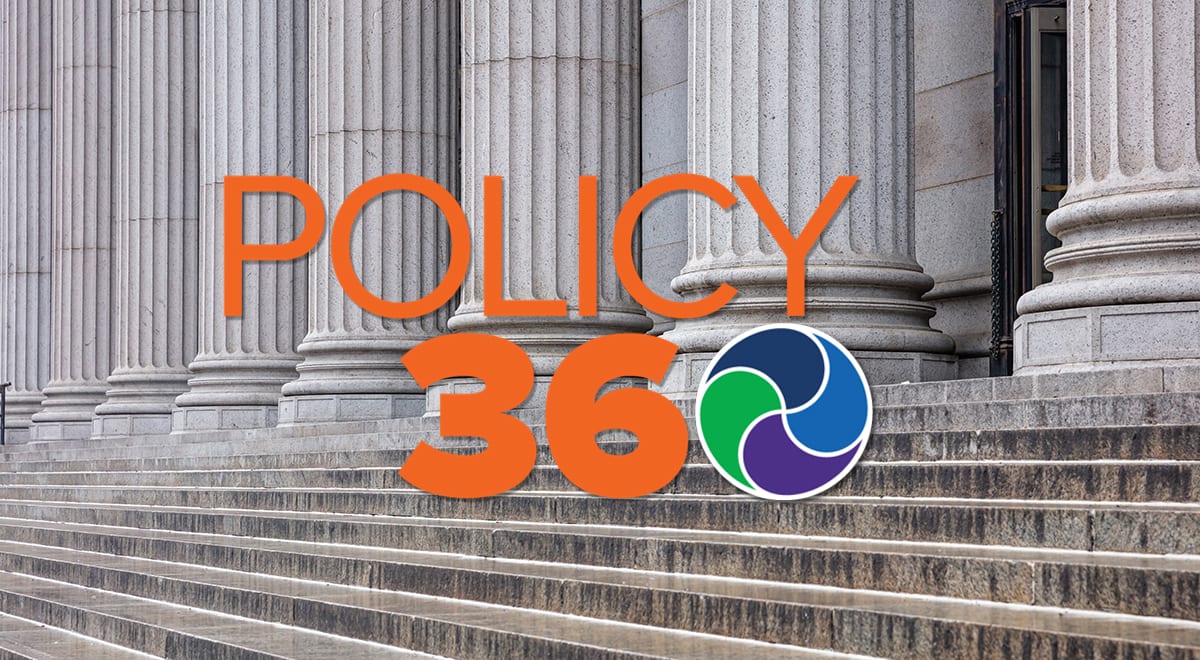Not even halfway through the year, and 2021 shows no signs of slowing down on policy for cleaner transportation technology. Each day, it seems like a new policy and program is getting announced. President Biden and his administration have put into effect several Executive Orders and administrative actions designed to reduce the climate footprint of transportation and encourage the transition to zero emission vehicles (ZEVs). Members of Congress have offered dozens of new bills to do the same, including the CLEAN Act, the GREEN Act, the INVEST in America Act, and a slew of new tax incentives to encourage cleaner transportation.
Policy initiatives for cleaner transportation technologies are being proposed at an unprecedented rate.
State-Level Clean Transportation & Energy Policies Rapidly Evolving
While activity at the federal level seems unprecedented, states have also been aggressive in their pursuit of new policies to address climate change by transforming transportation. For example:
- Washington finally joined California and Oregon in passing the nation’s third low-carbon fuel program, requiring transportation fuel providers to lower the carbon content of their products or buy low carbon fuel credits from clean fuel producers.
- New Jersey is set to join California by approving adoption of the Golden State’s Advanced Clean Truck (ACT) program, which will require manufacturers of medium- and heavy-duty trucks to begin offering for sale ZEVs. New York and Connecticut are considering similar rules.
- Other states have set before their legislatures hundreds of other bills that would require ZEVs, establish excise tax rates for ZEVs, provide incentives for ZEVs, and encourage the construction of charging infrastructure, among a myriad of proposals.
Policy initiatives like these have been rushing forth like water from a fire hose, making it a challenge for even the most accomplished policy wonks to keep track. For example, did you know that:
…Until the passage of SB 1212 in the latest session of the Texas legislature that ZEV charging companies had to register as public utilities with state regulators?
…Minnesota came close to being the fourth state in the country to adopt a low-carbon fuel program?
…The District of Columbia, Connecticut, Massachusetts, and Rhode Island are likely to be the first states to create a cap-and-trade program for transportation fuels which will raise revenue for state efforts to reduce GHG emissions from transportation?
GNA created Policy 360 as a clean transportation policy tracking program to keep transportation stakeholders informed.
GNA’s Policy 360 Brings Legislative and Regulatory Intelligence to Your Inbox
As more states consider strategies to shift from petroleum-based fuels to renewable, low-carbon, battery or hydrogen powered vehicles, it is critical that fuel providers, fleet operators, original equipment and component manufacturers, public utilities, governments, and other stakeholders keep abreast of policy developments that may impact them. To address this need, GNA created Policy 360, a clean transportation policy tracking program designed to keep transportation stakeholders informed about emerging public policies that will impact their business.
Policy 360 is made up of a team of “policy gurus” that every day connect with their contacts in local, state and federal agencies about the latest developments in clean transportation regulation and legislation. Our team not only tracks what is happening, but with our network, we obtain reconnaissance on where policymakers are thinking of going next. This enables us to anticipate policy developments before they are made official, giving our Policy 360 clients the opportunity to influence policies before they are even proposed.
 Policy 360 is the evolution of the involvement and support GNA has had over the past 28 years in supporting the clean transportation industry. Our work helps our 300+ clients—fleet, OEM, technology providers, and other stakeholders— effectively navigate the ever-changing landscape of advanced clean transportation. To learn more, contact Cliff Gladstein, founding president of GNA.
Policy 360 is the evolution of the involvement and support GNA has had over the past 28 years in supporting the clean transportation industry. Our work helps our 300+ clients—fleet, OEM, technology providers, and other stakeholders— effectively navigate the ever-changing landscape of advanced clean transportation. To learn more, contact Cliff Gladstein, founding president of GNA.



